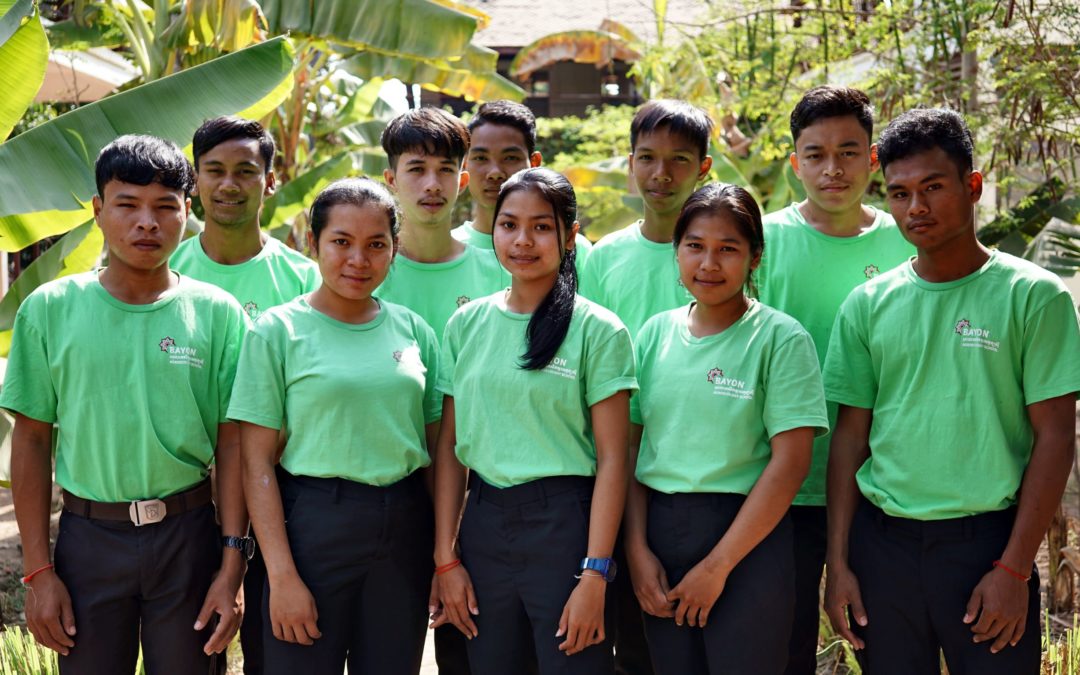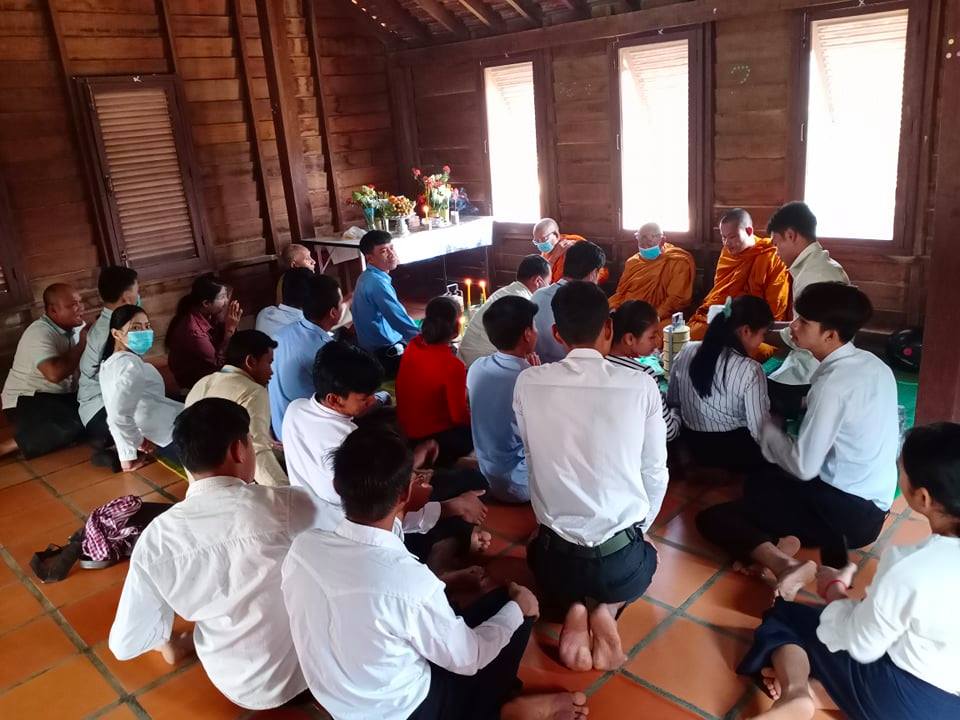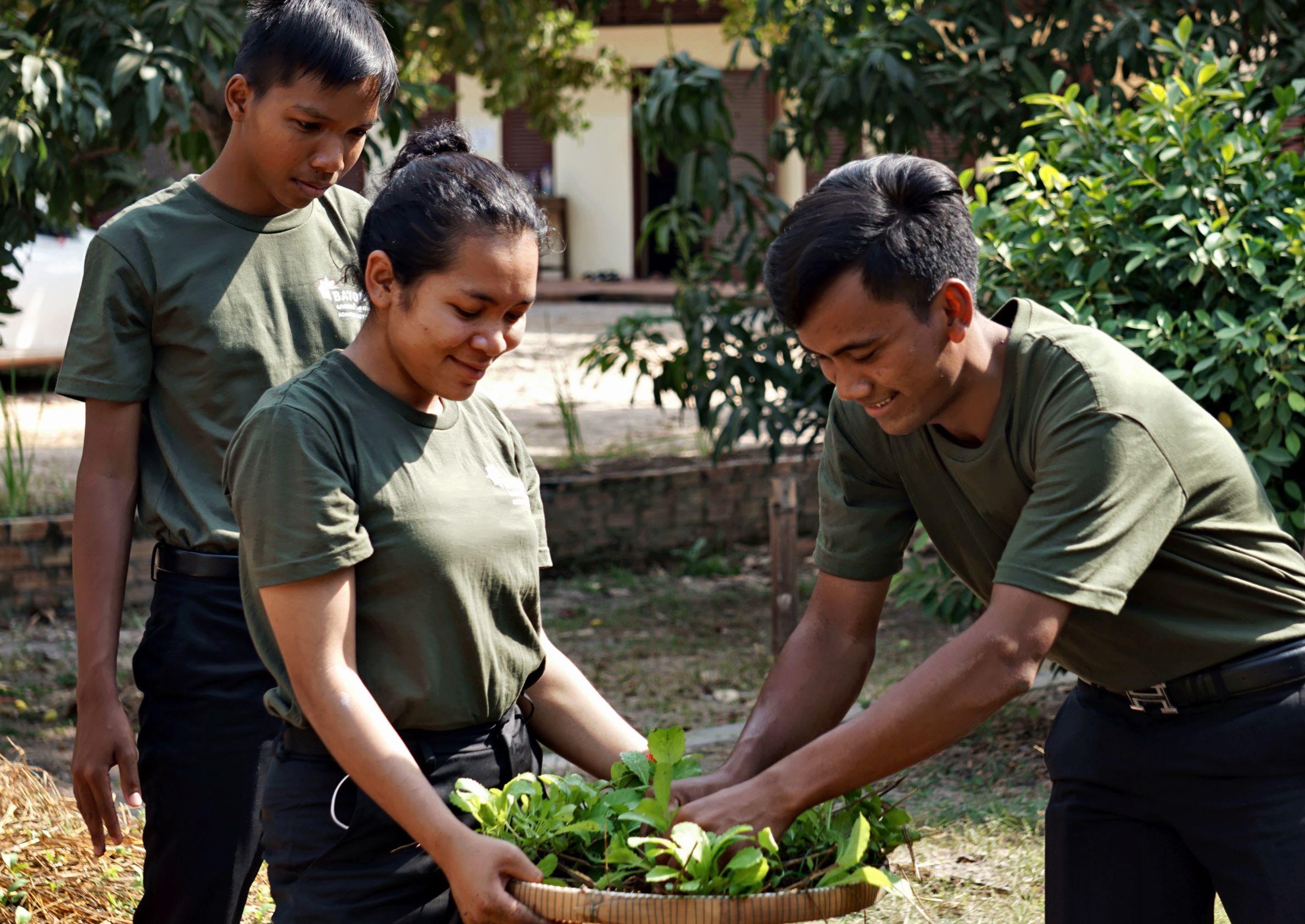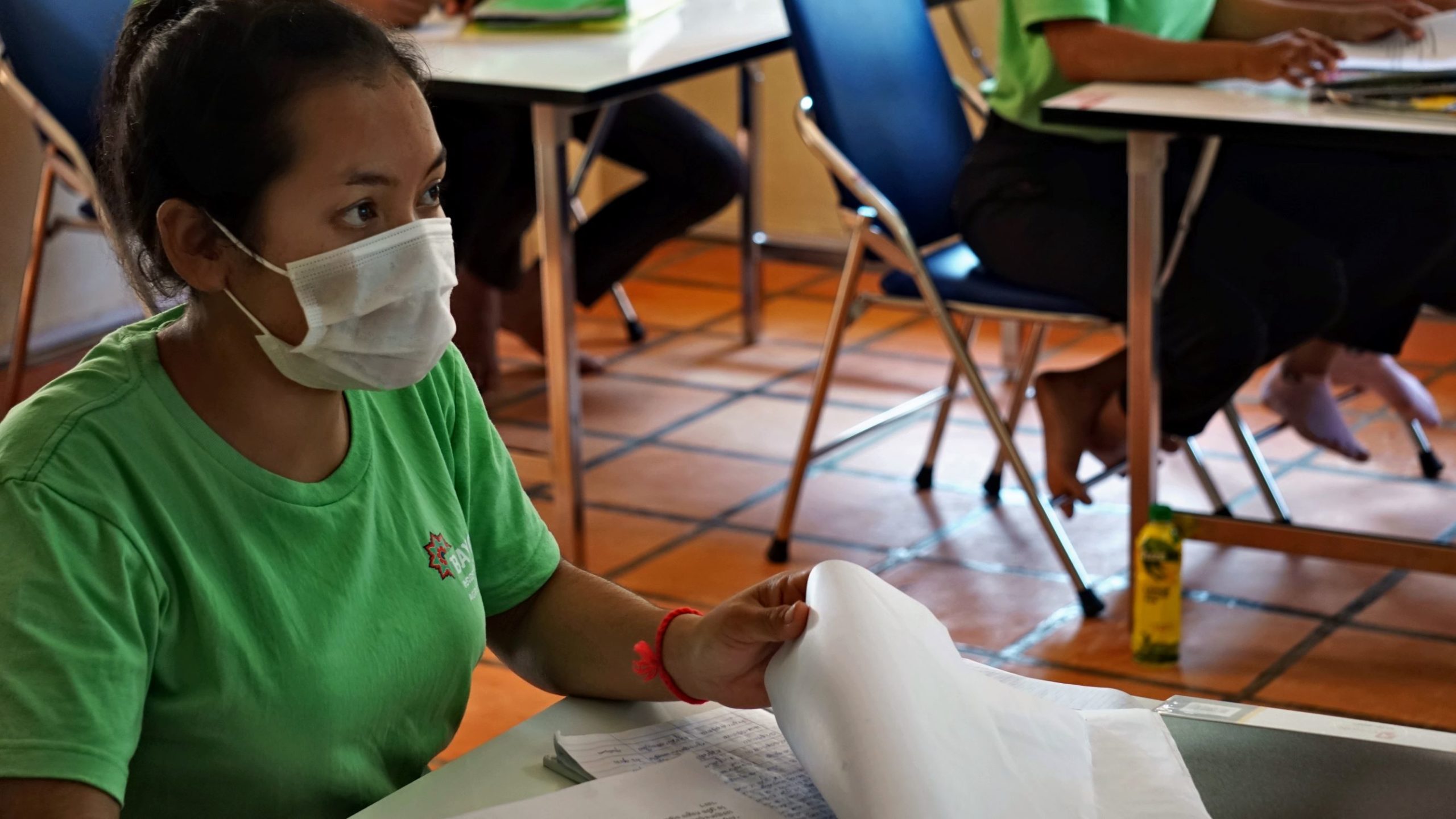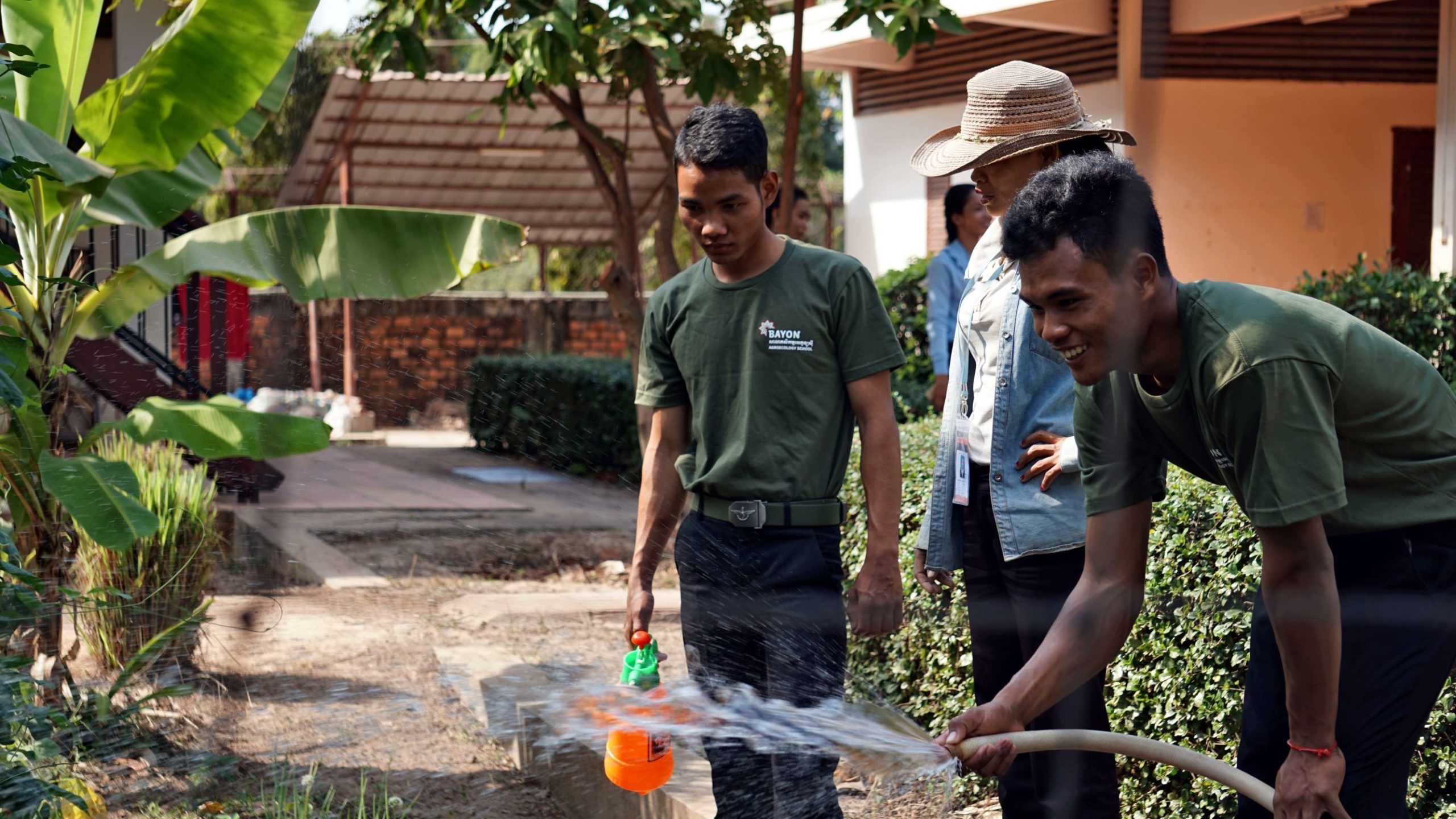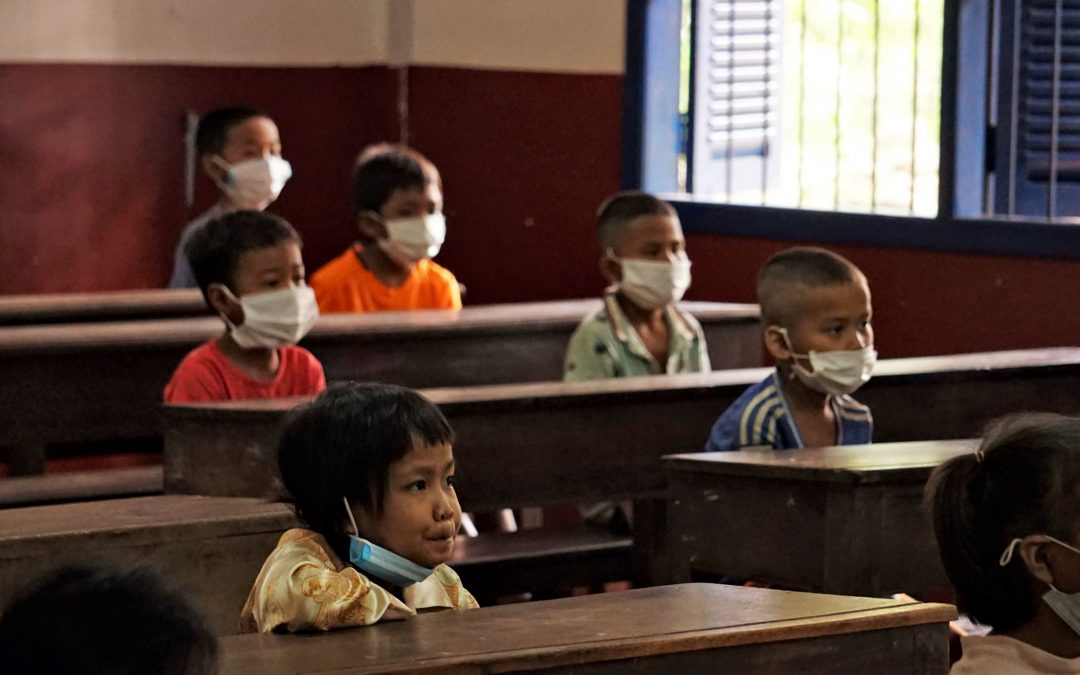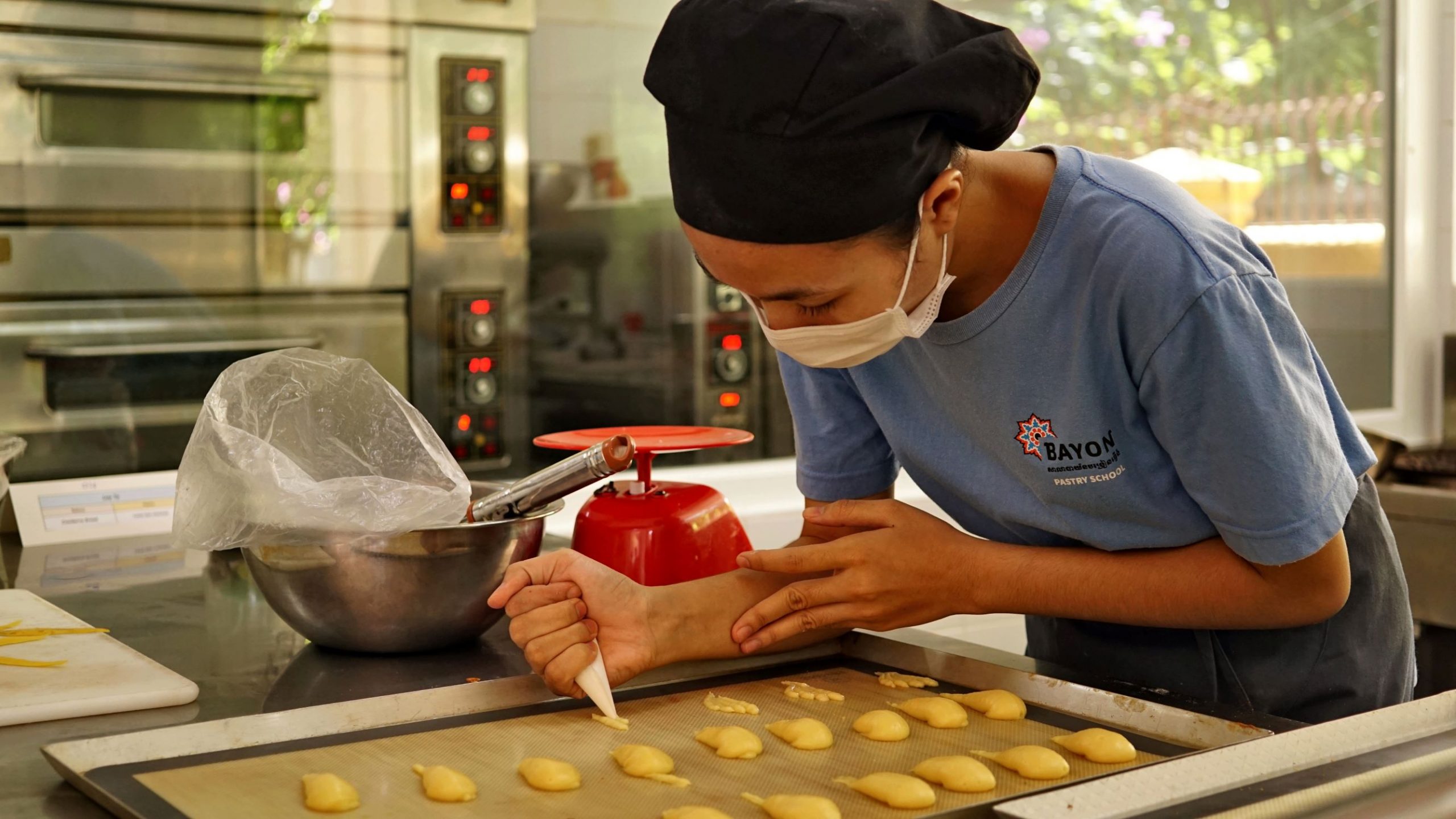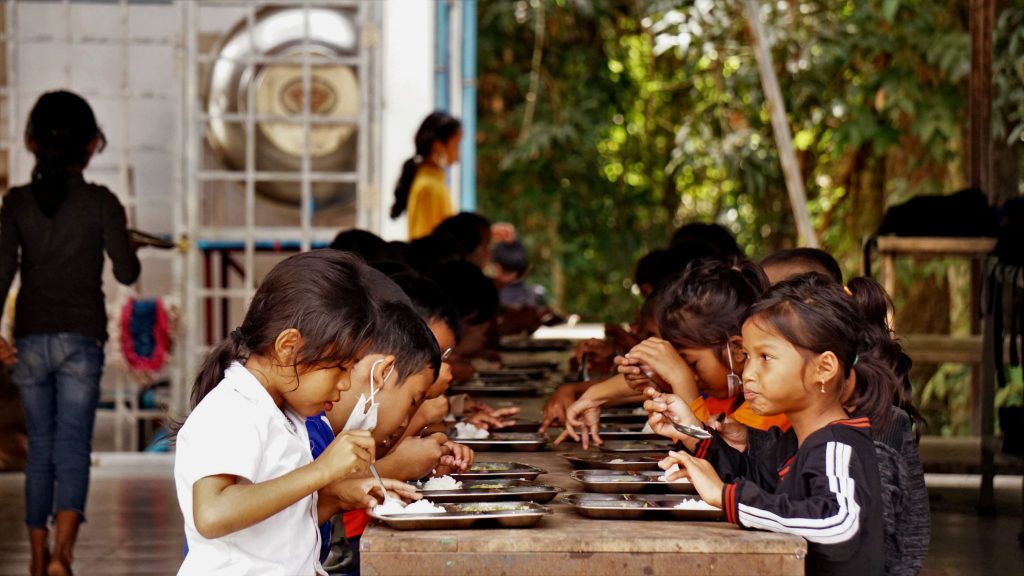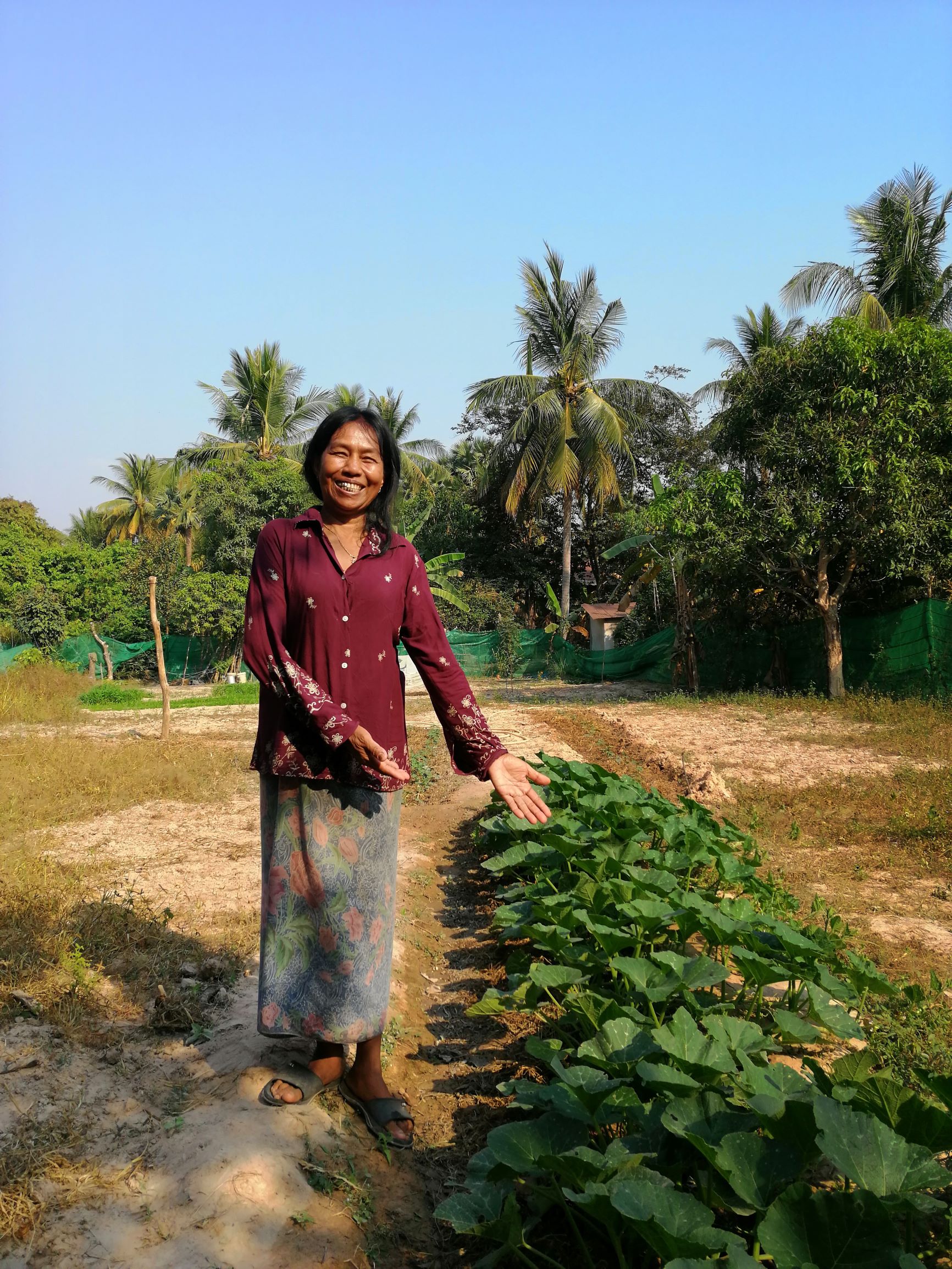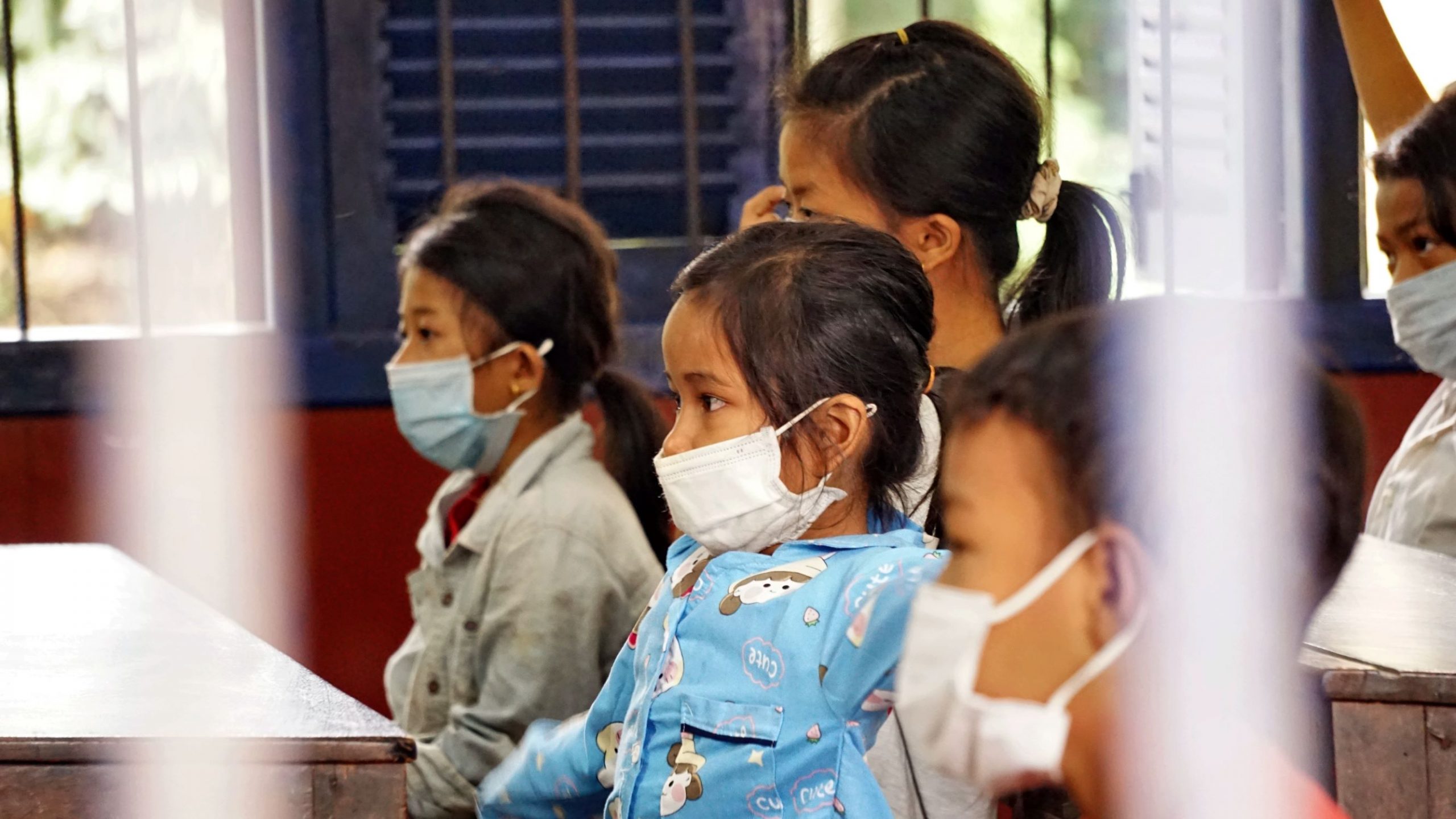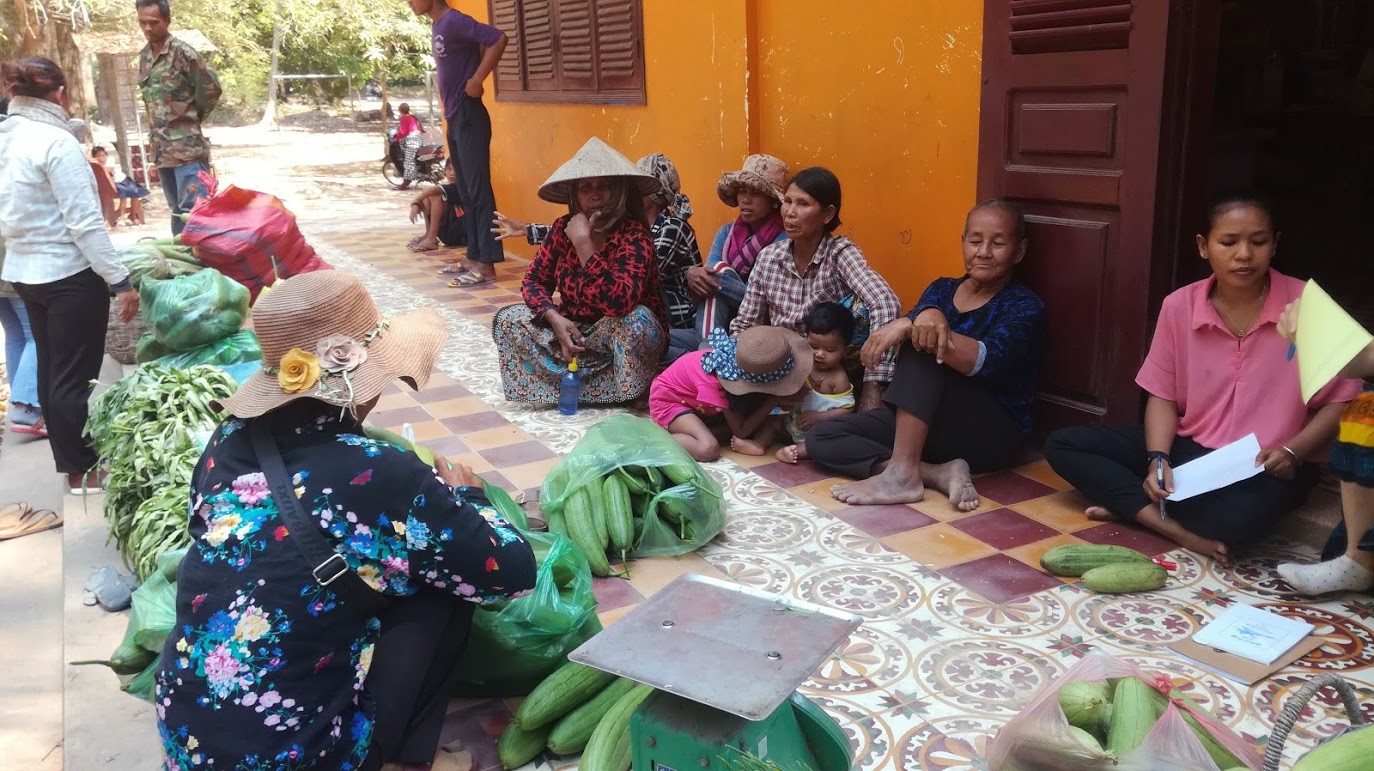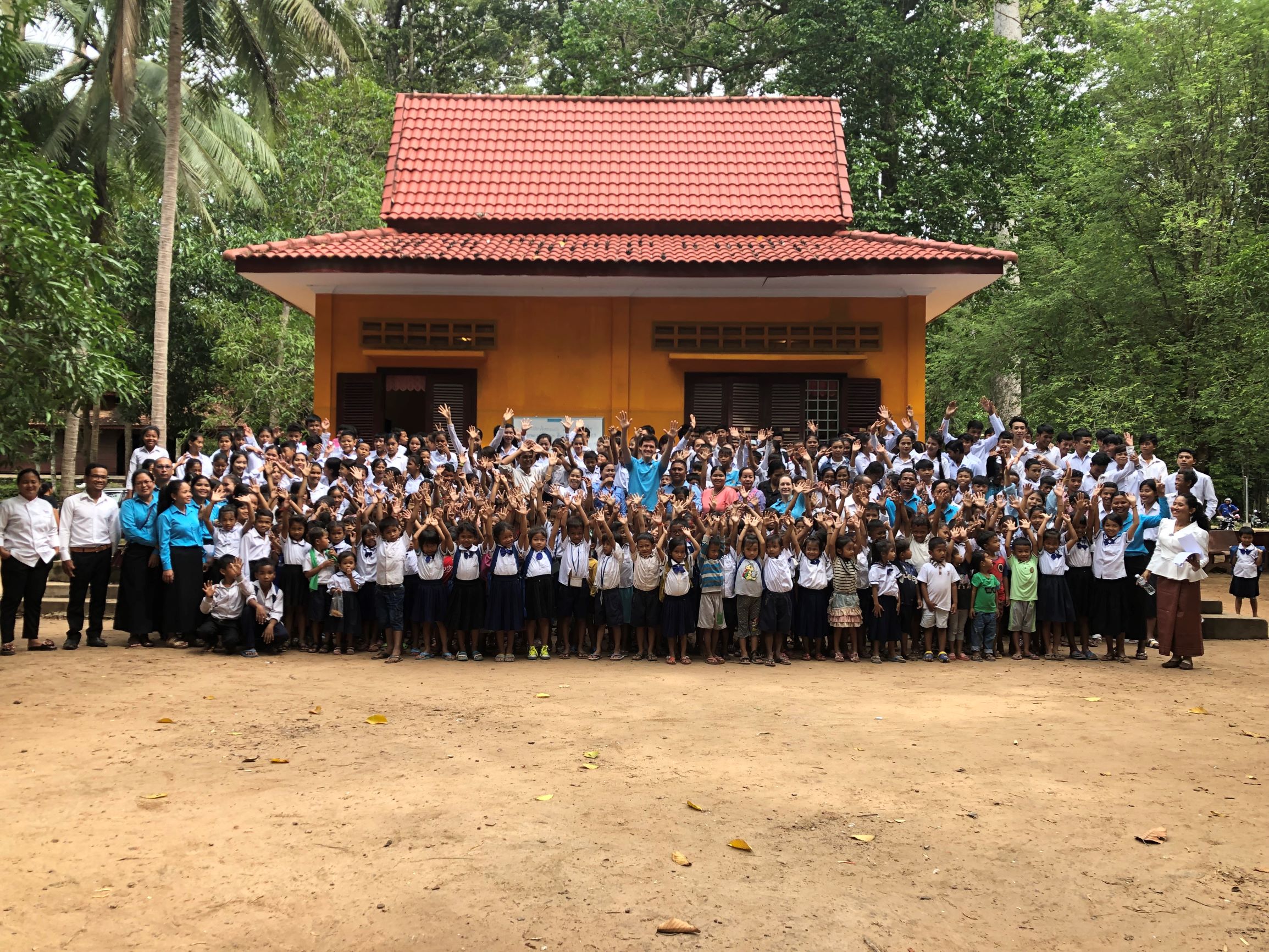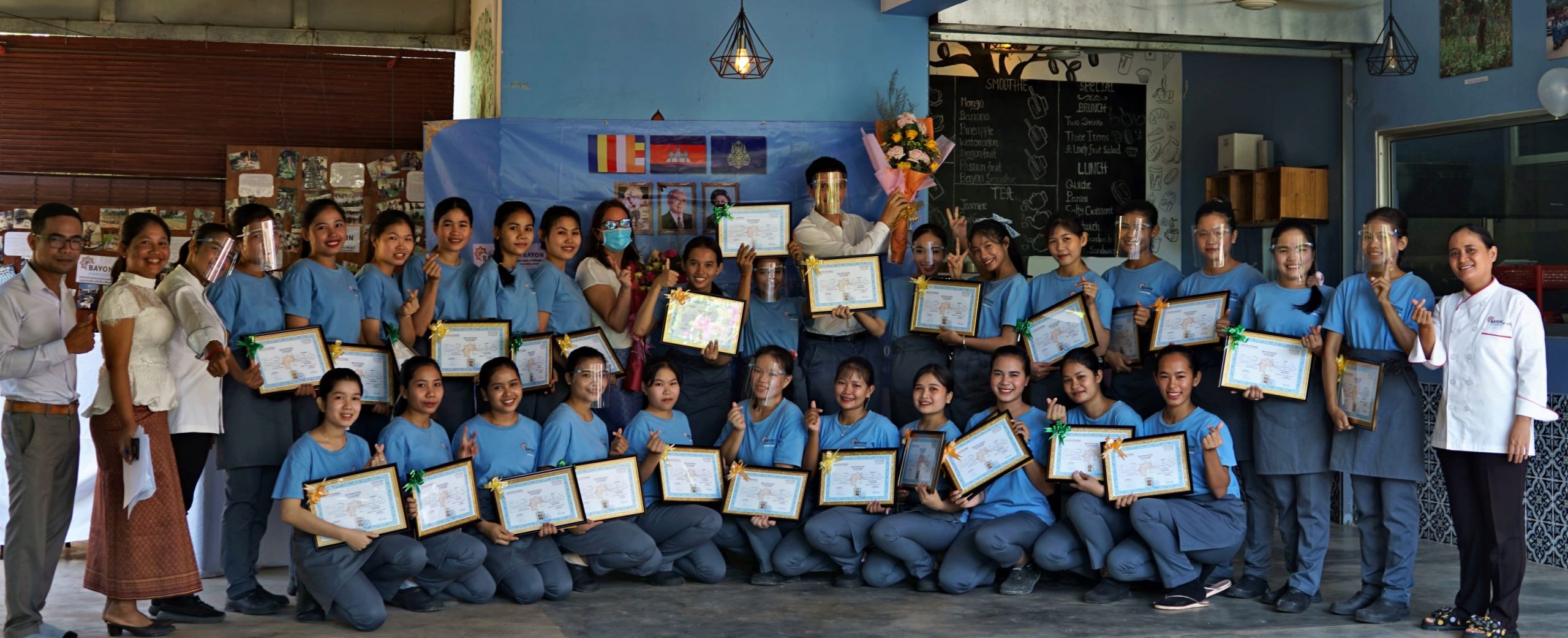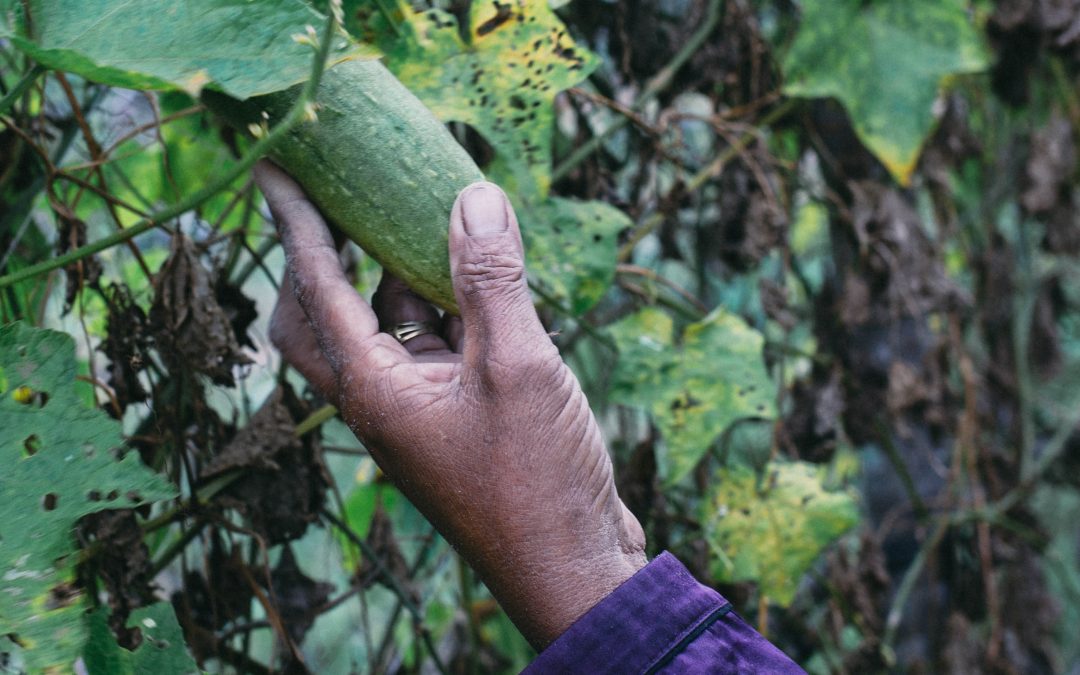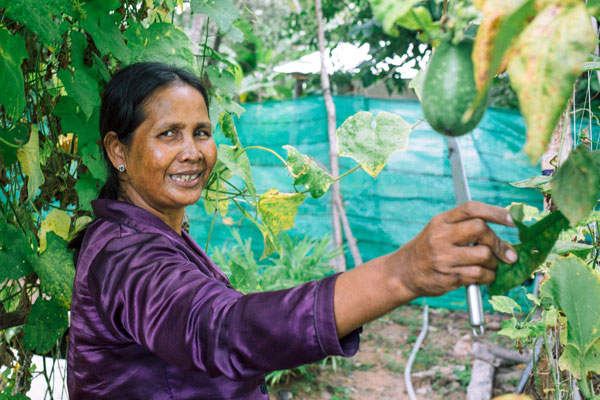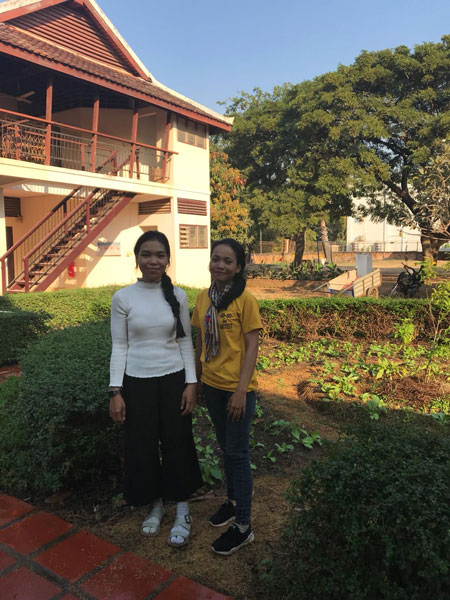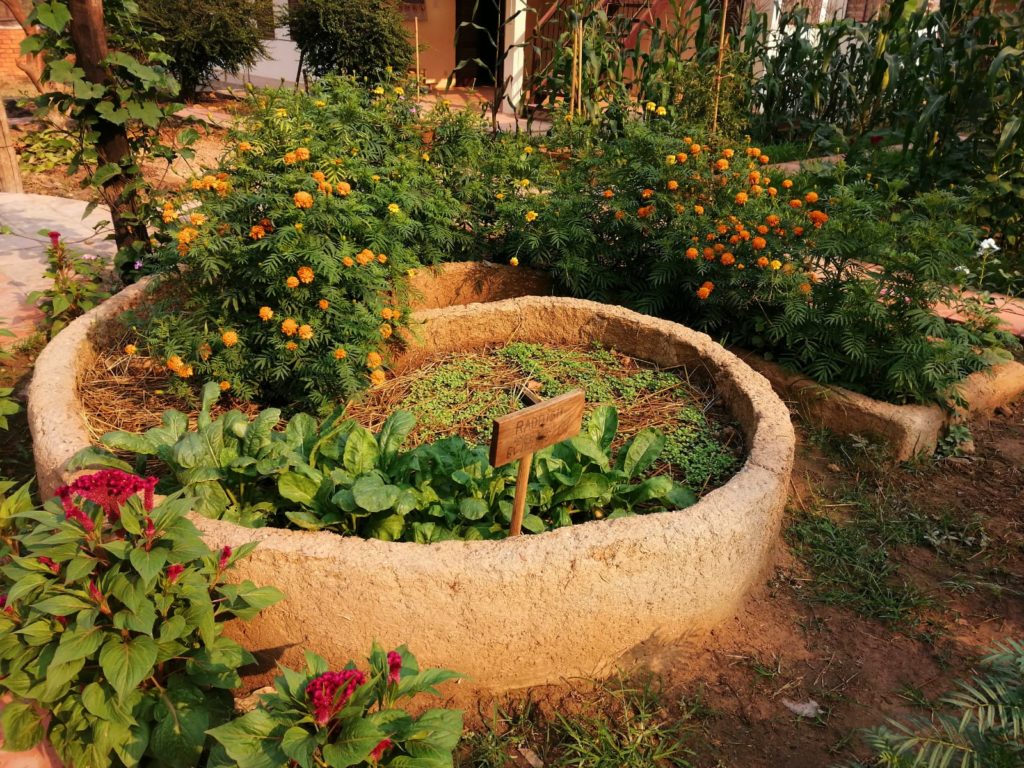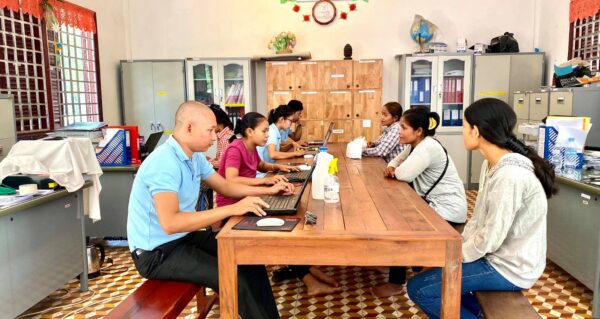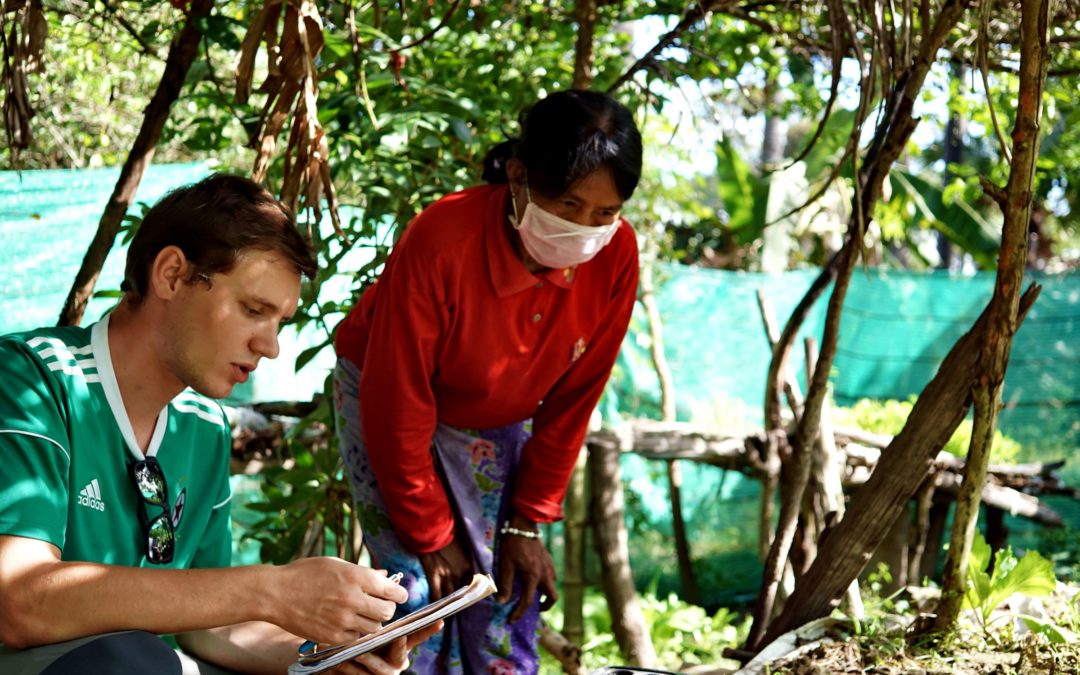
More than an internship at Bayon, a personal journey
The floor is given to François, trainee in the Green farming program, who looks back on his experience in Cambodia during which he put his skills at the service of the farmers we support.
As an intern in the Green Farming team since October, my mission is coming to an end in these last days of March. The transition with Laurane, a student-engineer in agronomy in her gap year, is going smoothly. She will take over for the next 6 months and will be the privileged interlocutor of the farmers we support.
It is not without a pinch in the heart that I will greet the farmers one last time. Aware that what was my present will slowly slip away, as the days and years go by, into a vaporous memory. I will only have a few photos to bring back the moments shared with them, their laughter, their complaints and our exchanges. Many things were learned during my mission, of course they were theoretical and practical, having taught me a lot about agriculture in a tropical country, about project management or about the functioning of an association. But these learnings were also less tangible, because when they find their source in informal exchanges, in sharing and in the relationship with others, they nourish the individual and cannot be transcribed in the lines of a resume.
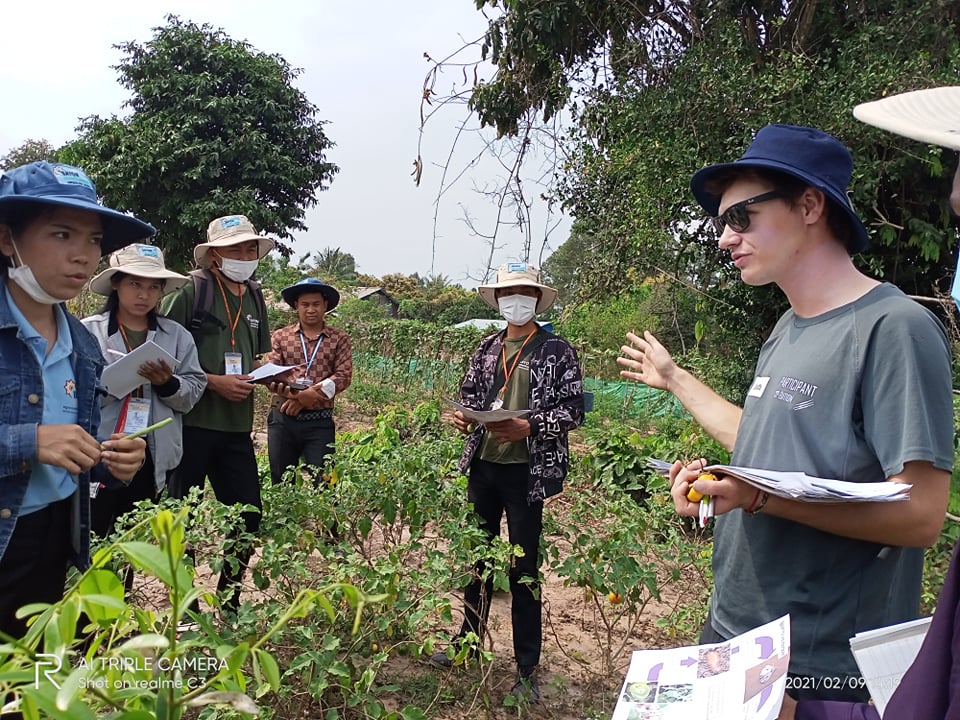
I would like to warmly thank the people I met during my stay, because they also contributed to my training. I think of the farmers who let me get involved in their daily life. I am thinking of Chorvin, my colleague whose laughter will echo in me for a long time, I am thinking of Camille, Tintin, Romain, Sakoth or Sreyleak. It is also and especially through this human contact that I learned.
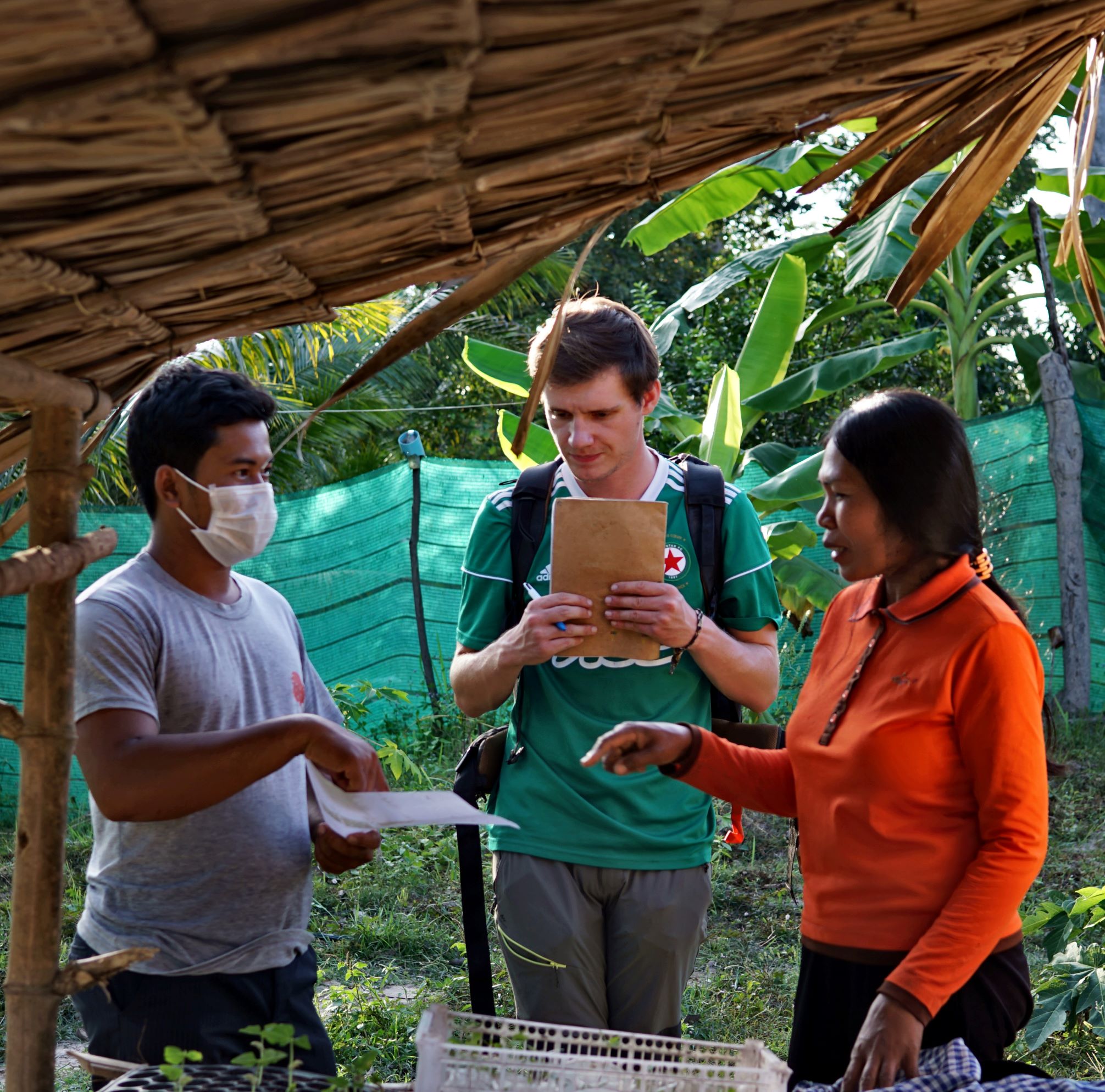
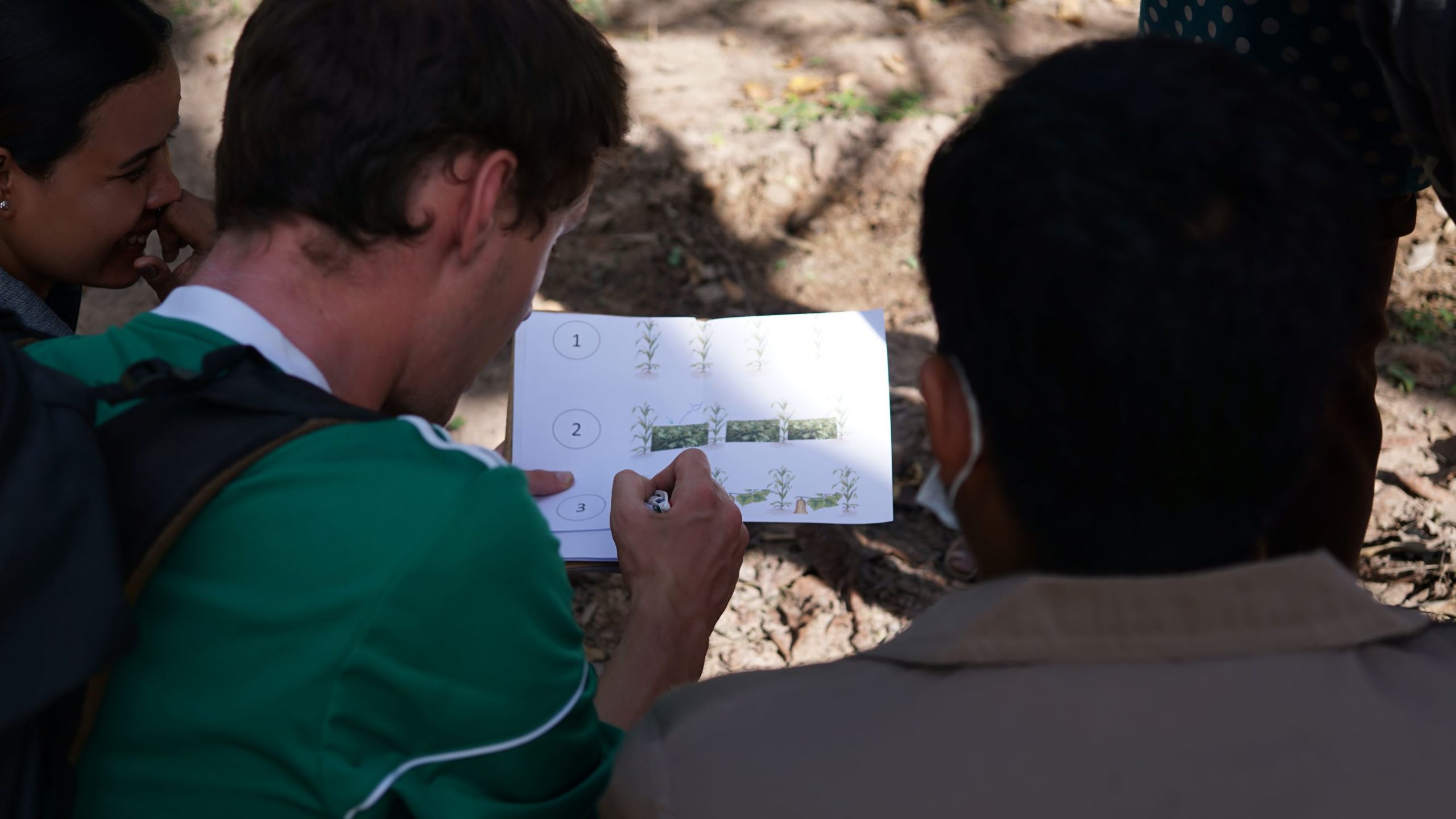
I am aware of my luck. I was able to live six months in Cambodia with these courageous women and committed colleagues. I was able to escape the difficult period that France is going through to dive into the maze of the temples of Angkor, but above all, I was born in the heart of this same country. Because even if it is sad or pathetic to go so far away to realize it, it is a unique chance that we have. Some situations in Cambodia remind us, sometimes brutally, that existence can also be a battle for some people. To be directly confronted with these testimonies or views, without the filter of distance, is quite corrosive. Seeing painful scenes or having access to the history of certain families, observing these difficulties whose multiplicity can make the thing common, one feels saddened, distressed, powerless and then, selfishly, one realizes how lucky we are to have a less painful life. So maybe that’s why, because our life is easier, simpler, we should commit ourselves and try to help those who need it in a modest way.
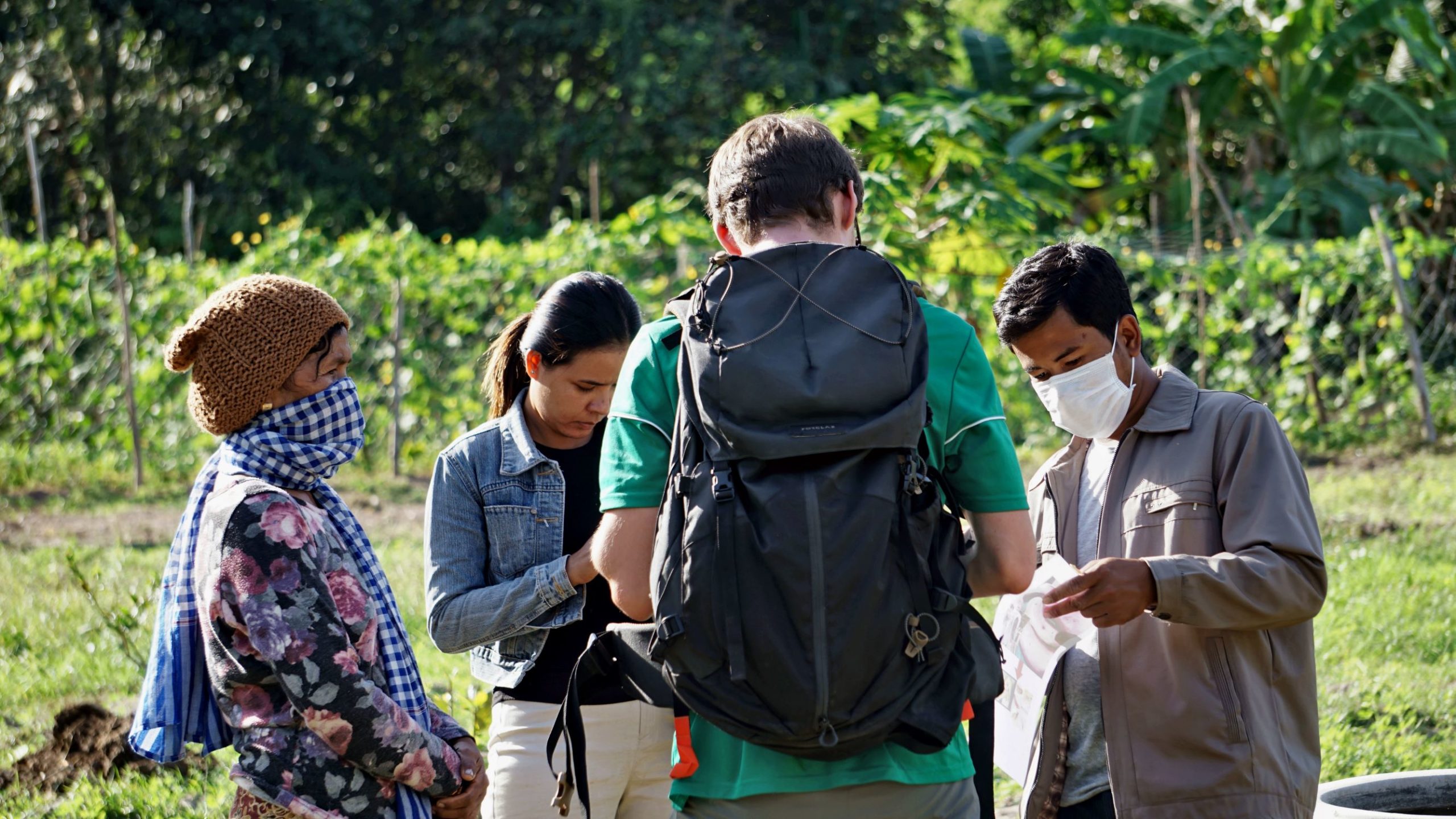
To finish, I wish Laurane to savor every moment here. To take the time to listen, to learn from the people she will meet. And I am sure that she will be able to integrate perfectly in Cambodia and that the project will make good progress during her presence!
So good luck Laurane!

